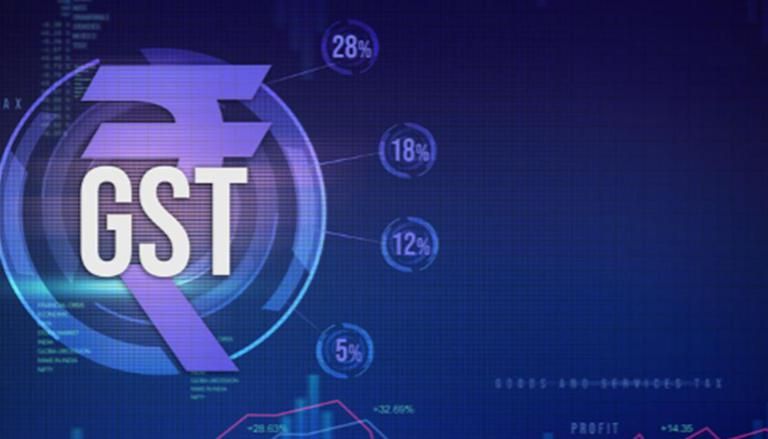
The Goods and Services Tax (GST) Council in India has recently made a significant decision regarding the taxation of online gambling, casinos, and horse race betting.
During its 50th meeting, the Council announced a flat 28% turnover tax that will apply to these forms of gambling. The new tax shall be assessed by considering the total cost of a bet, known as the full-face value, instead of the gross gaming revenue (GGR), rendering it a turnover-based tax. This essentially means that the operator would incur RS28 tax for every RS100 spent by a consumer.
The application of this tax will vary depending on the type of gambling. For instance, when it comes to online gambling, whether already registered with an existing operator or a new casino site in India, tax shall be applicable to the maximum amount of all the wagers placed. As for land-based casinos, the tax shall be imposed on the worth of the chips bought at each establishment, while for horse racing, the tax will be applied to the total value of bets made with bookmakers and totalisators.
The Decision Sparks Debate
The decision to introduce a turnover tax comes after a series of reports and studies on gambling taxation. A group of ministers (GOM) submitted a second report ahead of the 50th GST Council meeting, which addressed taxation issues related to gambling. A previous report shared with the GST in June 2022 had prompted the Council to request further investigation. The latest report presented by the GOM left the choice between turnover and GGR tax up to the GST council, with the council ultimately deciding on the full-face value as the basis for taxation.
However, this decision has not been welcomed by all the stakeholders in the industry. The All India Gaming Federation (AIGF), India’s leading entity for online gambling, criticized the 28% tax rate. In a statement, the AIGF expressed concern that the tax burden would be too heavy for businesses, potentially leading to job losses and pushing players toward unlicensed operators. The AIGF argued that the proposed tax rate has the potential to suppress competition, impede innovation, and curtail industry growth, particularly for Micro, Small, and Medium Enterprises (MSMEs) and startups.
India’s Dynamic Online Gambling Market
This marks the second significant change to India’s online gambling market in the current year. In January, the Indian government implemented fresh regulations to oversee online gambling. These amendments stipulated that online games must comply with all existing laws, including state-wide bans on gambling. Instead of instituting a government regulator, the amendments suggested the creation of self-regulatory bodies comprised of online gaming businesses. These bodies would assume the responsibility of formulating rules to ensure player protection, tackle addiction, prevent financial crimes, and safeguard children.
The core focus areas for these self-regulatory bodies include player protection, responsible gaming practices, and compliance with relevant laws and regulations. Each body is required to involve representatives from the industry, entertainment or sports, players, consumer education or psychology experts, as well as a public policy expert chosen by the government. Should any body fail to establish satisfactory standards, the government holds the authority to take necessary measures to ensure compliance, including the suspension of the body’s registration.
As the implementation of the new 28% turnover tax approaches, the gaming industry in India is bracing for potential impacts. While the GST Council believes the tax will contribute to revenue generation, critics fear it may have adverse effects on businesses and lead to an increase in unregulated gambling activities. The coming months will be crucial in assessing the true impact of this tax measure on India’s growing online gambling market.